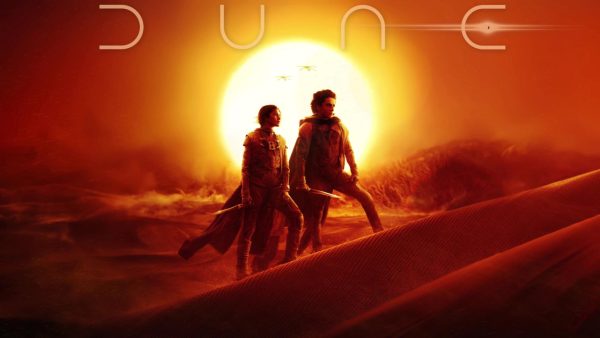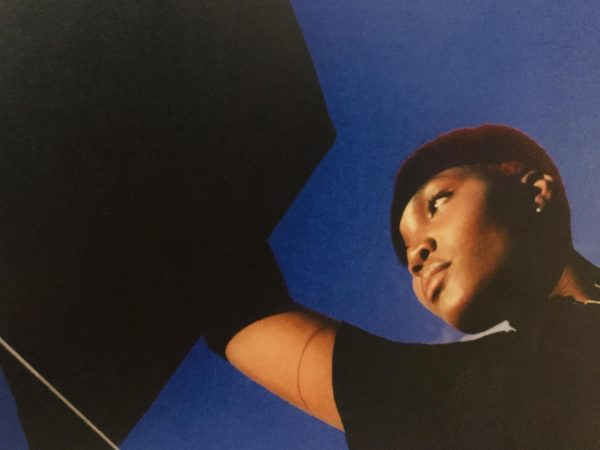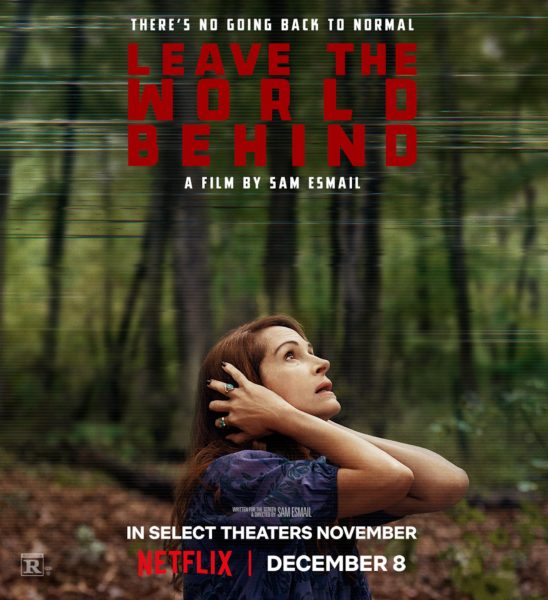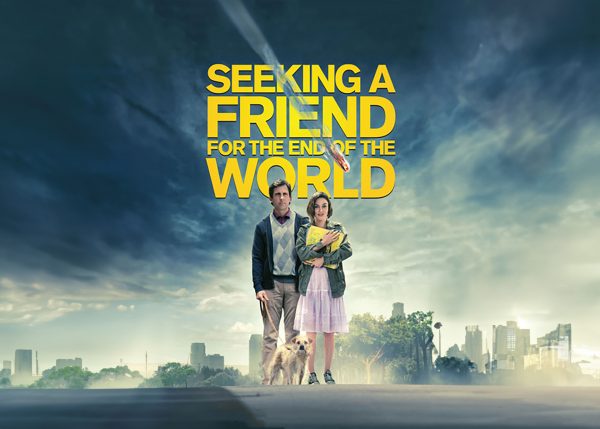The Boys is a Bloody Good Time
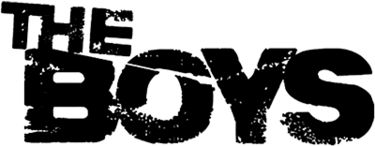
The Boys returned with its third season in 2022, to universal acclaim. Licensed as promotional content.
As of late, the general public has been asking an important question: “What the hell happened to superheroes?”. This sudden rise in cynicism can be attributed to Hollywood, whose constant spewing out of mediocre superhero properties has become so overbearing and exhausting that many are simply choosing to not keep up with any of it anymore. Of course, in times of skepticism, the masses generally need a counterbalance, which is why The Boys was one of the most popular shows of the summer.
The Boys is satire sharpened to a razor point, which it uses to jab every aspect of our social-media-corrupted culture, not limited to late-stage capitalism, stan culture, and of course, the superhero monopoly. Unlike traditional heroes, the heroes in The Boys are vile killing machines who rarely do anything productive, instead spending their time brutalizing anybody that bothers them.
The star of the show is Homelander, a bizarro Superman who appeals to the masses with stories of American values. The diligent work Homelander claims to have done defending the country against “terrorists” is, in reality, just him turning innocent people into literal pulp. Opposing these evil heroes are the titular Boys and their leader, the ruthless Billy Butcher. The Boys have all suffered because of the superheroes in one way or another, and their goal is to exact revenge on as many of these evil “supes” as they can, despite being regular people without powers.
It doesn’t take too many episodes to realize that Billy Butcher and Homelander are essentially two sides of the same coin—they both claim to be agents of justice, yet almost every time they appear on screen, someone (or several people) are brutally murdered, blackmailed, or maimed. The crucial difference between Butcher and Homelander, though, is that Butcher is fully aware of how terrible his actions are, and has limits on how far he will go to get what he wants, while Homelander has deluded himself so much that he truly believes he is a hero.
Antony Starr’s portrayal of his twisted crusader (Homelander) is spectacular. He makes it so that his face constantly twitches and spasms as if the monster inside is about to claw loose. And many times, it does. On who or what it is unleashed on is unpredictable; but most of the time, the bloodbath is so creative and off the wall that viewers both anticipate and dread it.
Behind the evil supes is Vought International, the corporation that markets and manages the caped crusaders, as well as covers up for their crimes. When Homelander outs a fellow hero as being gay on live TV, Vought exploits it to the maximum. They manufacture pride-themed oatmeal bars and theme parks, building an entire brand depicting her as a “lesbian icon”. From Funko Pops to posters and comic books, Vought has everything that a major corporation needs to make their heroes ubiquitous among the people. They even have a consistent stream of mediocre movies linked by a cinematic universe, complete with cheap representations of feminism and LGBTQ people!
For the three seasons it has been airing, The Boys has been a light in the darkness for those who are exhausted by modern superhero culture. It is a brilliant, gory piece of countercultural media that provides the satisfaction of a superhero movie while also being jam-packed with the funny yet simultaneously thought-provoking content that the modern superhero flick is lacking.
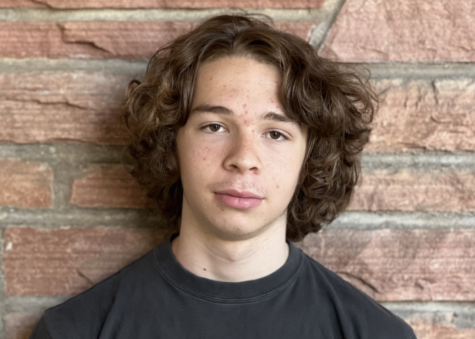
Lucca Swain is a senior writer for The Owl and is currently in his third year of working for the publication. Lucca joined The Owl because he loves writing about and exposing readers to the topics and ideas that fascinate him, and this year he is extra committed to furthering that goal, despite how challenging it can be. In his free time, Lucca enjoys reading, listening to music, and exercising. Lucca also is also a firm believer that green grapes are superior to their purple brethren in every way, especially in flavor and texture.


